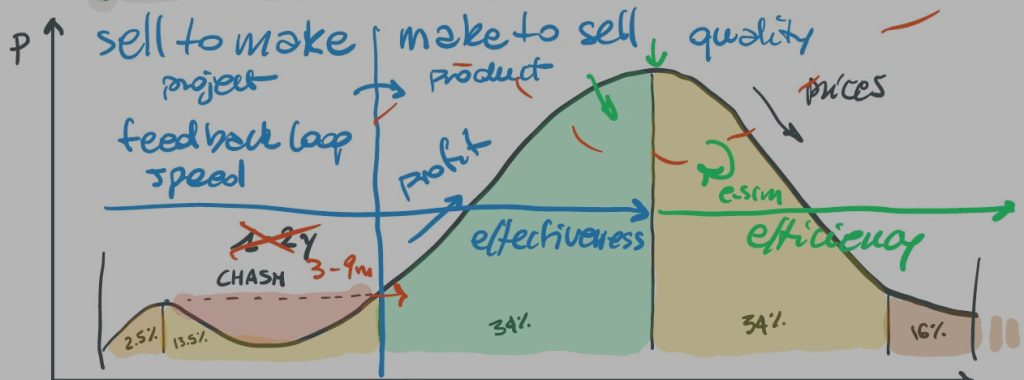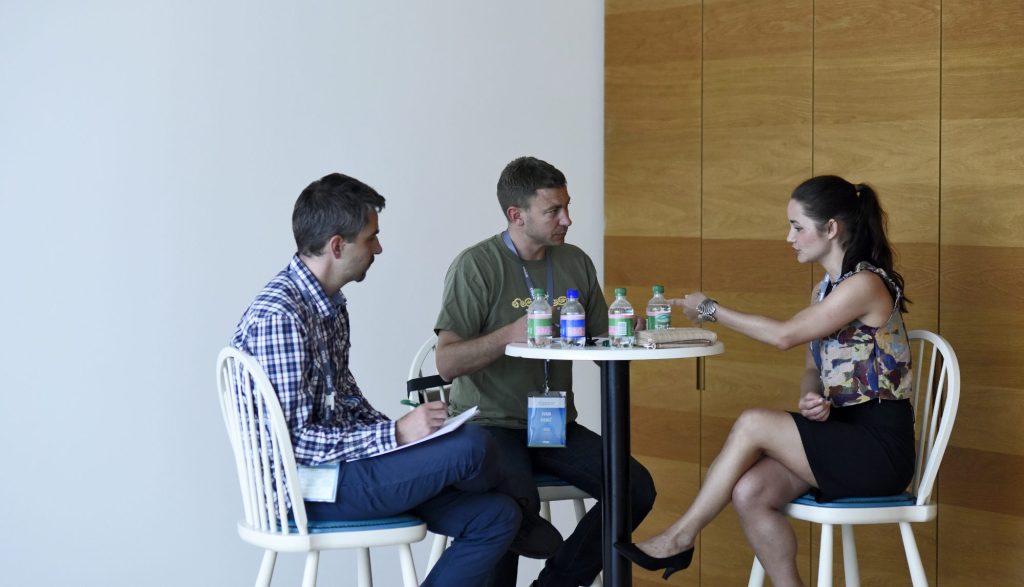To help managers facing the COVID-19 challenges in their organizations, we’ve launched a three part guide on Leading Through the Crisis. This guide is a direct result of our experience of coaching various teams and leaders immediately after the crisis hit and helping them find their new stability.
This guide is for your if you are a manager or a leader feeling as if caught between a rock and a hard place – trying to preserve business continuity and efficiency, be flexible and empathetic with your employees and be innovative about new ways of working, all at the same time.
Leading Through the Crisis 1/3: How to be a Leader in Time of High Complexity
Leading Through the Crisis 2/3: How to be a Leader of Remote and Dispersed Teams
You can’t forget there is your organizational culture.
How does it change in this new reality? What do you do about it? Do you try to prevent and fight the change? Can you sense in which direction the change happens?
The communication has changed. The tools have changed. People now feel a different kind of overwhelming emotions on all levels, both personal and professional.
What do you do as a leader now? The right leadership behaviour here would be the one focusing on people and their needs, as well as on organizational learning. Empathy and flexibility towards your team members should be the key thing here.
As a leader, you need to accept that people might be burdened with various challenges now. Some of them will need specific working hours. Others will need help in resolving productivity challenges. Whatever happens, it is your responsibility as a leader to pick-up the signals and facilitate and coach your teams into finding what’s possible.
At the same time, it is equally important to preserve the learning ability of the organization.
The freedom of experimentation (safe-to-fail environment), retrospectives, knowledge sharing events…. Those are usually the first victims in a crisis. It might be tempting to stop them in a crisis, in order to “focus on keeping the lights on”.
But you need to be aware of negative long-term consequences of doing so. It actually contributes to turning the lights off… so beware!.And don’t let it happen.
Over the years, we have coached various people and organizations during their transition journeys towards agile and open environments. We know these things are not easy, even in “normal” times. There’s no silver bullet solution. You need to be firm about your principles, and persistent in building the right practices.
Also, there are tools that can help you understand what’s happening in your organizational culture. OrgScan is one of those tools. It works by capturing decisions and micro-narratives across the organization, providing you as a leader with data on how employees interpret and feel about decisions made in the company. Having a better understanding of the environment will help you focus your actions and initiatives where needed the most.
Let’s talk about how we can help you navigate the challenges of your organizational culture these days. Book a time slot and share your dilemmas with us!
Photo by Xavi Cabrera on Unsplash


